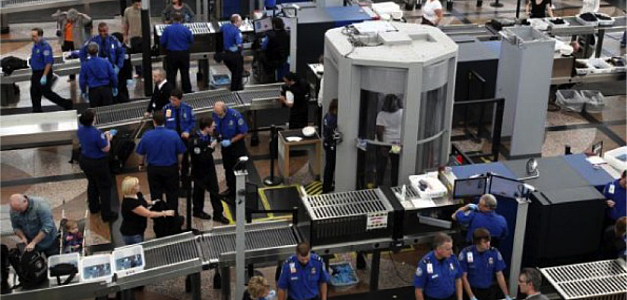
June 18: Meeting with Science & Technology Directorate, DHS
Join us for another GTSC Insight event with the Science and Technology Directorate at DHS.
Topics: SBIR, SAFETY Act liability protection, Small business opportunities, priorities for 2012/13
REGISTER
Speakers include:
Deborah Determan
Director, Research & Development Partnerships, S&T
Ms. Determan, who has come to DHS following a career on active duty with the U.S. Air Force, is director of the Research and Development Partnership (RDP) Group, a unit within the DHS Science & Technology Directorate. Her priorities include aligning S&T and RDP capabilities to meet the requirements of DHS end users,” says the RDP Group’s recently quarterly newsletter,”identifying and maximizing collaborative opportunities with S&T program managers, and maintaining vibrant relationships with potential research and development partners to deliver high-impact results for stakeholders.
Bruce Davidson
Director, the SAFETY Act Office
Mr. Davidson manages one of the most important programs for the private sector — implementation of the SAFETY Act (Support Anti-Terrorism by Fostering Effective Technologies). The SAFETY Act provides important legal liability protections for providers of Qualified Anti-Terrorism Technologies – whether they are products or services. The goal of the SAFETY Act is to encourage the development and deployment of new and innovative anti-terrorism products and services by providing liability protections. Learn more about the Act here.
Elissa Sobolewski
Program Manager, Small Business Innovation Research (SBIR) DHS S&T/HSARPA
DHS’s Small Business Innovation Research (SBIR) program was initiated in 2004. The Science and Technology (S&T) Directorate and the Domestic Nuclear Detection Office (DNDO), have SBIR programs. The DHS SBIR Program Office resides with the S&T Directorate.For the DHS S&T SBIR Program, two solicitations are issued per year. Generally, they will be issued in November and May.
Solicitation topics are developed by Program Managers in each of the Science and Technology (S&T) Divisions. The annual solicitations consist of topics that are relevant to the Borders and Maritime Security, Chemical/Biological Defense, Cyber Security, Explosives, Human Factors/Behavioral Sciences, and Infrastructure Protection and Disaster Management Divisions.
Similar to the R&D programs of the S&T Directorate, the SBIR topics generally address the needs of the seven DHS Operational Units, i.e., U.S. Coast Guard, U.S. Transportation Security Administration, U.S. Customs and Border Protection, Federal Emergency Management Agency, U.S. Citizenship and Immigration Services, U.S. Immigration and Customs Enforcement, and U.S. Secret Service, as well as First Responders.
For the Phase II SBIR effort, the DHS S&T SBIR Program has a Cost Match feature for SBIR projects that attract matching cash from an outside investor. The purpose is to focus SBIR funding on those projects that are most likely to be developed into viable new products that DHS and others will buy and that will thereby make a major contribution to homeland security and/or economic capabilities. Click here for more information about the Cost Match feature.
The DHS S&T SBIR Program has several processes in place to accelerate the Phase I and Phase II award process to further satisfy operational requirements and commercial application.
Phase I awards are typically made within 90 days of selection.
Invited Phase II projects will be reviewed and awards will be made incrementally, as quickly as possible under the Jump Start feature, to maintain the momentum of the Phase I effort. The Phase II proposal invitation process expeditiously identifies those Phase I awardees deserving of Phase II awards.

